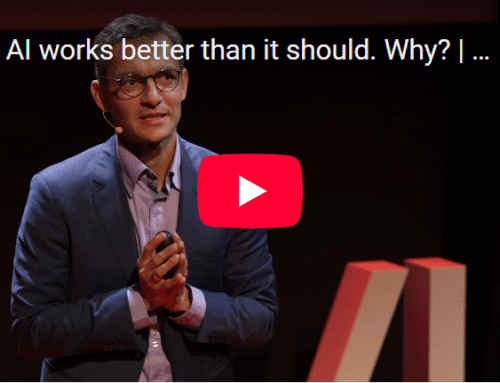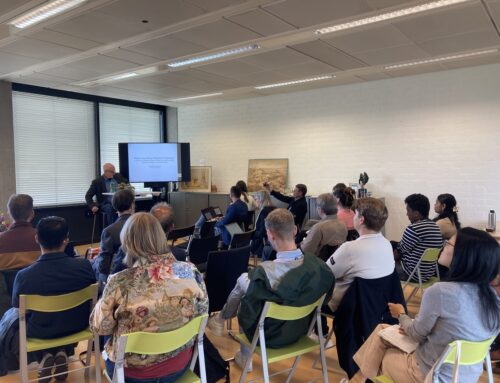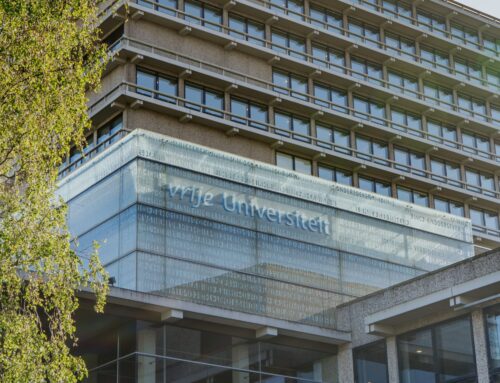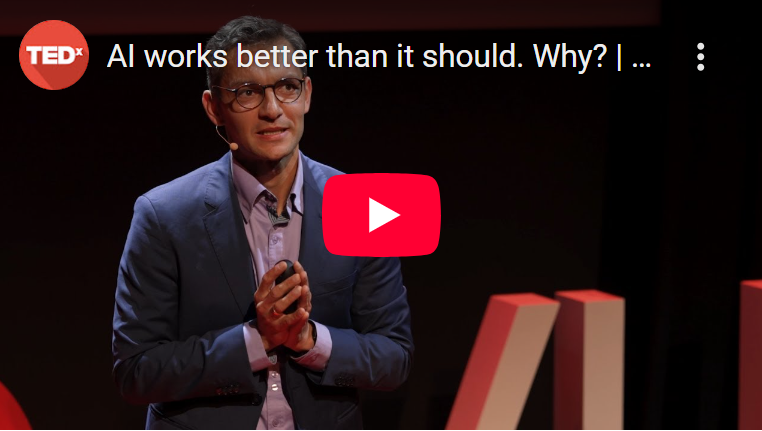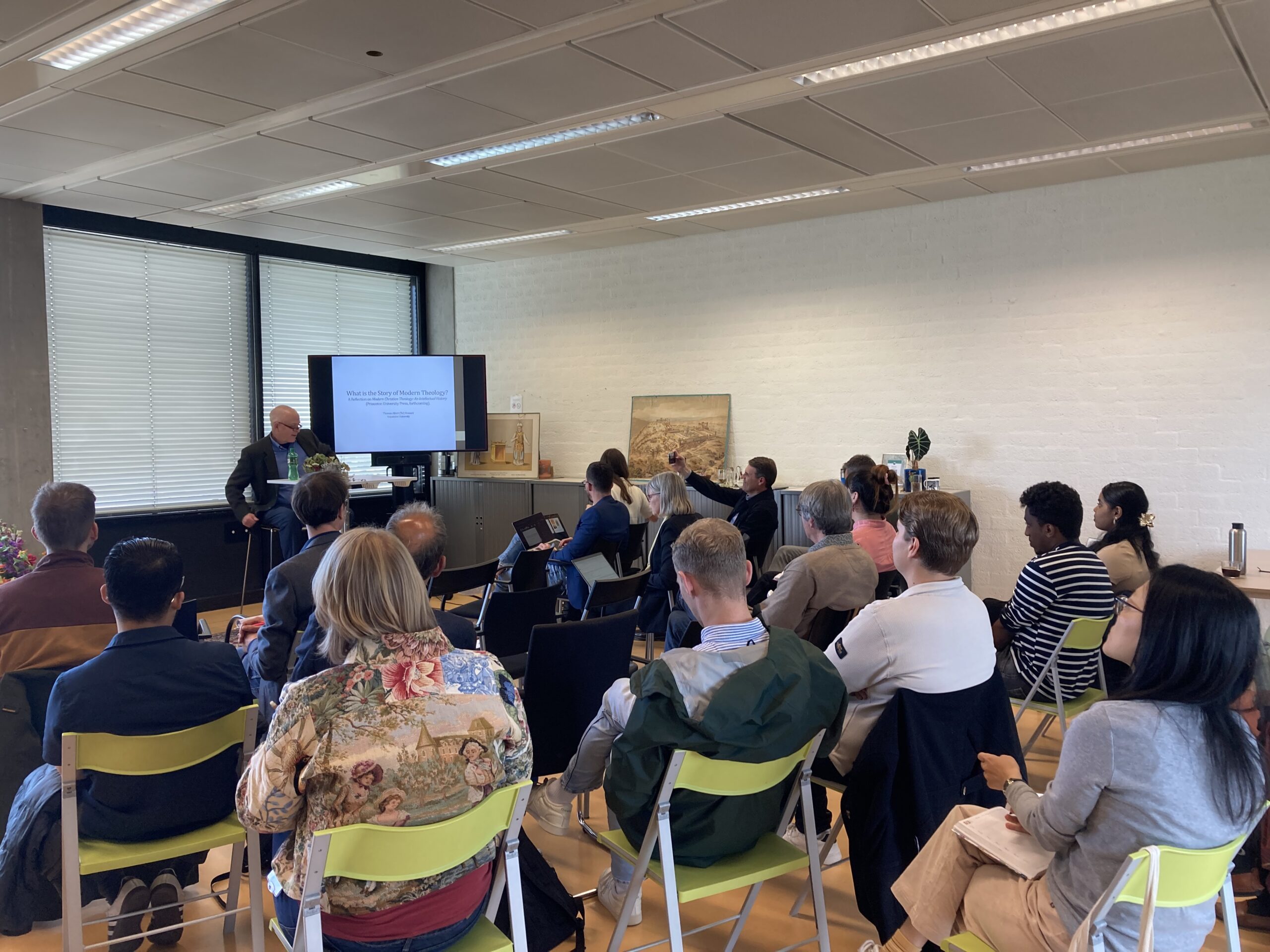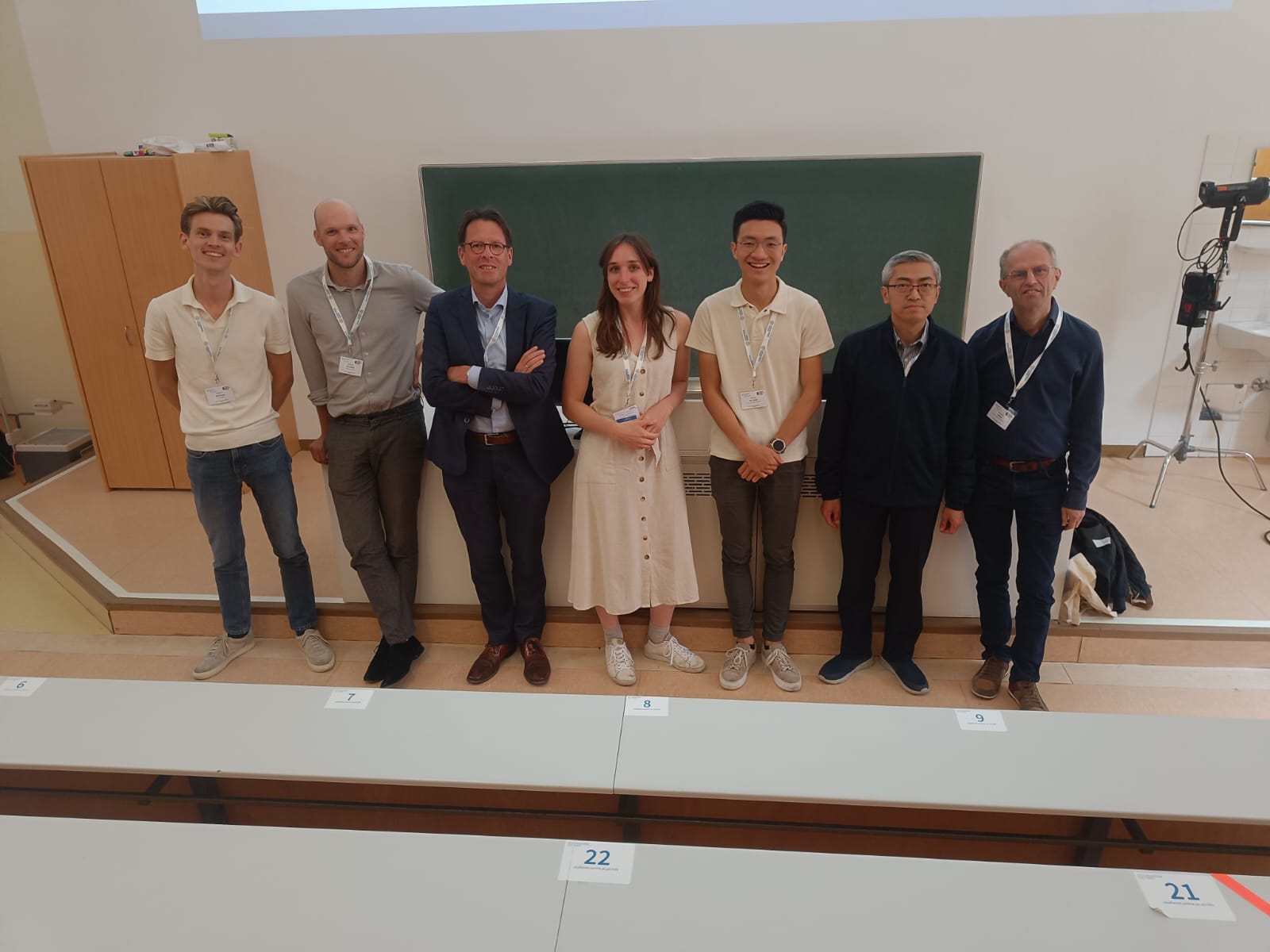
From left to right: Michiel Bouman, Matthias Teeuwen, Gijsbert van den Brink, Marieke van der Linden, Othniël de Jong, David Alinurdin, and Maarten Wisse.
We’re looking back at a wonderful panel with the FOAT project group. Gijsbert van den Brink started off by introducing the topic and asking what a viable form of academic theology may look like. The largest challenge it has to overcome is methodological naturalism, but van den Brink pointed to various weaknesses in the adoption of this position and argued for academic theology that need not be methodologically naturalist, but does go at lengths to be ‘maximally accessible’ to other disciplines. Michiel Bouman presented the preliminary results of his PhD project, discussing the perspectives and attitudes of Dutch theologians and religious studies scholars on the relationship between their disciplines. David Alinurdin then gave insight into the problem the doctrine of divine providence poses for theology’s plausibility and how Herman Dooyeweerd’s theory of modal aspects may provide a way out of this. After the break, Marieke van der Linden re-opened the panel by describing her research topic on epistemic social imaginaries, which deeply shape the way the discussion on theology’s legitimacy is held. Matthias Teeuwen gave an anthropological perspective, and argued that the unique selling point of theology can plausibly be said to be its experience with judgment, something anthropologist who want to shy away from cultural relativism might learn from. Othniël closed the panel by synthesizing three different definitions of theology, arriving at well-formulated definition of theology which can function as a starting point for thinking about theology’s future.
If you are interested in reading any of the papers, feel free to send an email to foat@vu.nl!
Leave A Comment
Related Posts
In his recent talk at TEDxVUAmsterdam Marius Dorobantu shared an intriguing vision of how thinking [...]
In September 2025, we had the pleasure to welcome prof. Thomas Albert Howard [...]
From left to right: Michiel Bouman, Matthias Teeuwen, Gijsbert van den Brink, Marieke van [...]
